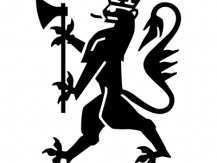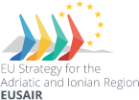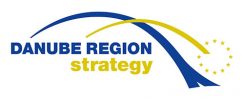– PRESS RELEASE – 12th meeting of TSG4
12th meeting of the Thematic Steering Group for Pillar 4 - Sustainable Tourism, 9 June 2020
On Tuesday, June 9th, the 12th meeting of the EUSAIR Thematic Steering Group for Sustainable Tourism was held, with the participation of representatives of all nine member States: Italy, Slovenia, Croatia, Greece, Bosnia and Herzegovina, Serbia, Montenegro, Albania and North Macedonia. Since North Macedonia's candidacy for EUSAIR membership was accepted at the beginning of April 2020, this was the first meeting with the full participation of its representatives. In addition to the EUSAIR members, the meeting was attended by representatives of European Commission DGs, relevant for EUSAIR implementation: DG GROW, DG NEXT and DG EAC, as well as invited representatives of other initiatives and institutions with which spaces for joint action and cooperation are explored such as PANORAMED - a platform supporting the process of strengthening and developing multilateral cooperation frameworks in the Mediterranean region, BLUEMED - a project aimed at “blue jobs” and the development of the Mediterranean area by stimulating the research and innovation of the Council of Europe and Routes4U.
The meeting was organised by the Ministry of Tourism as the coordinator of the Thematic Steering Group for Pillar 4 Sustainable Tourism, supported by the Albanian Ministry of Tourism and Environment, under the rules of dual management of EUSAIR thematic groups. Due to restrictions caused by the COVID 19 pandemic, instead of Thessaloniki, Greece, as originally planned, the meeting took place online. Apart from the presentation of the aforementioned initiatives and representatives of other institutions, the present EUSAIR members adopted the operational conclusions of the 11 th meeting held at the end of November 2019 in Bari, were informed of the conclusions and decisions of the Governing Board and the Coordinators of the thematic groups of the February 2020 meeting in Brussels, as well as of other activities undertaken in the previous period, including cooperation with partners and other thematic steering groups within the EUSAIR.
Manuela Hrvatin, on behalf of the performer - the Istrian Development Tourism Agency I.R.T.A. and as one of the leaders of the project, gave an overview of the “Manual for participatory tourism connecting community and culture through storytelling”, a publisher which is the Ministry of Tourism within the INTERREG ADRION EUSAIR Facility project. The Ministry of Tourism, as the coordinator of the EUSAIR Pillar 4 - Sustainable Tourism encourages and supports key themes of sustainability in tourism in accordance with the selected priorities of the member States. In addition to the Manual, working on the development of 5 defined strategic projects have started, which are present at the meeting in more detail: GREEN MAPPING for Adriatic-Ionian region - project supporting the development of responsible and sustainable tourist destinations and micro -, small - and medium-sized enterprises in the region; AIR CULTURAL ROUTES - project for development of Adriatic-Ionian cultural routes; CULTURETOURISM - project addressing the lack of structured and harmonised data
The aim of the Tourism Ministry's activities as coordinator of EUSAIR TSG 4 - Sustainable tourism is to leave in the long-term perspective the important results of EUSAIR projects - apart from establishing close cooperation between project partners and the principle of “Multilevel governance”, exchange of good practices, transfer of knowledge and achieving standards in different areas and disciplines in all nine countries, the goal is to leave a more permanent project impact through the development of methodologies, indicators, manuals, cultural routes, raising capacity to manage tourist flows in protected areas and especially the most important ones - through educational programs, lifelong learning programs and specialist programs important for the field of sustainable tourism. This will create uniform standards in all countries involved that are essential for transnational projects.
The meeting stressed the importance of harmonizing the activities of the EUSAIR Thematic Steering Group 4 - Sustainable Tourism with those of other macro-regional strategies, especially THE EUSDR - the Danube macro-regional strategy involving five out of nine EUSAIR countries and coordinated cooperation and synergy actions are necessity. Joint activities with the Danube macro-strategy in the field of cyclotourism have been announced, and the same is planned to be jointly launched with EUSAIR thematic priority 2 linking transport-oriented regions and EUSAIR thematic priority 3 focusing on environmental quality.
About financial and other support and opportunities for EUSAIR projects under the current and future programmes of the European Commission direct governance were addressed by representatives of EU Commission Directorates-General: Maciej Hofman from the European Commission's Directorate-General for Education, Youth, Sport and Culture (DG EAC) briefed the audience on a number of programs implemented by the Commission and pointed out that TSG 4 Sustainable Tourism can expect support from the projects it develops, especially those related to development cultural routes and educational programs. Laurent Guirkinger from the European Commission's Neighborhood and Enlargement Negotiations Directorate-General (DG NEAR) said that the EUSAIR's activities could be supported in the current programming phase of the 2021-2027 IPA III funding program for non-EU countries by possibly involving EUSAIR activities. Janos Schmied, representative of the European Commission's Directorate-General for the Internal Market, Industry, Entrepreneurship and Small and Medium-sized Enterprises (DG GROW), informed those present that DG GROW had developed an EU Strategy for a Sustainable and Digital Europe for SMEs to support European entrepreneurs adoption of climate-neutral practices, which include the activities of TSG4 Sustainable Tourism. Jelena Kolić, from the INTERREG ADRION Technical Secretariat, reported on a total of 13 projects in the field of sustainable tourism that are starting to be implemented, and were approved at the 2nd call of the INTERREG ADRION program, with which opportunities for cooperation are opening up. ADRION invests in regional innovation systems, cultural and natural heritage, environmental resilience, sustainable transport and mobility as well as capacity building, and especially encourages the work of thematic clusters in the Adriatic-Ionian Strategy, of which EUSAIR TSG 4 is close natural tourist destinations.
The COVID-19 pandemic also significantly affected the topics of the 12th meeting, related to the activities planned. After exchanging information on measures by which member states help the severely affected tourism sector, it was agreed that the activities planned for implementation in 2020 will try to be implemented, with a flexible and open approach given their format and timing, related to the inability to predict further development of the COVID-19 pandemic.
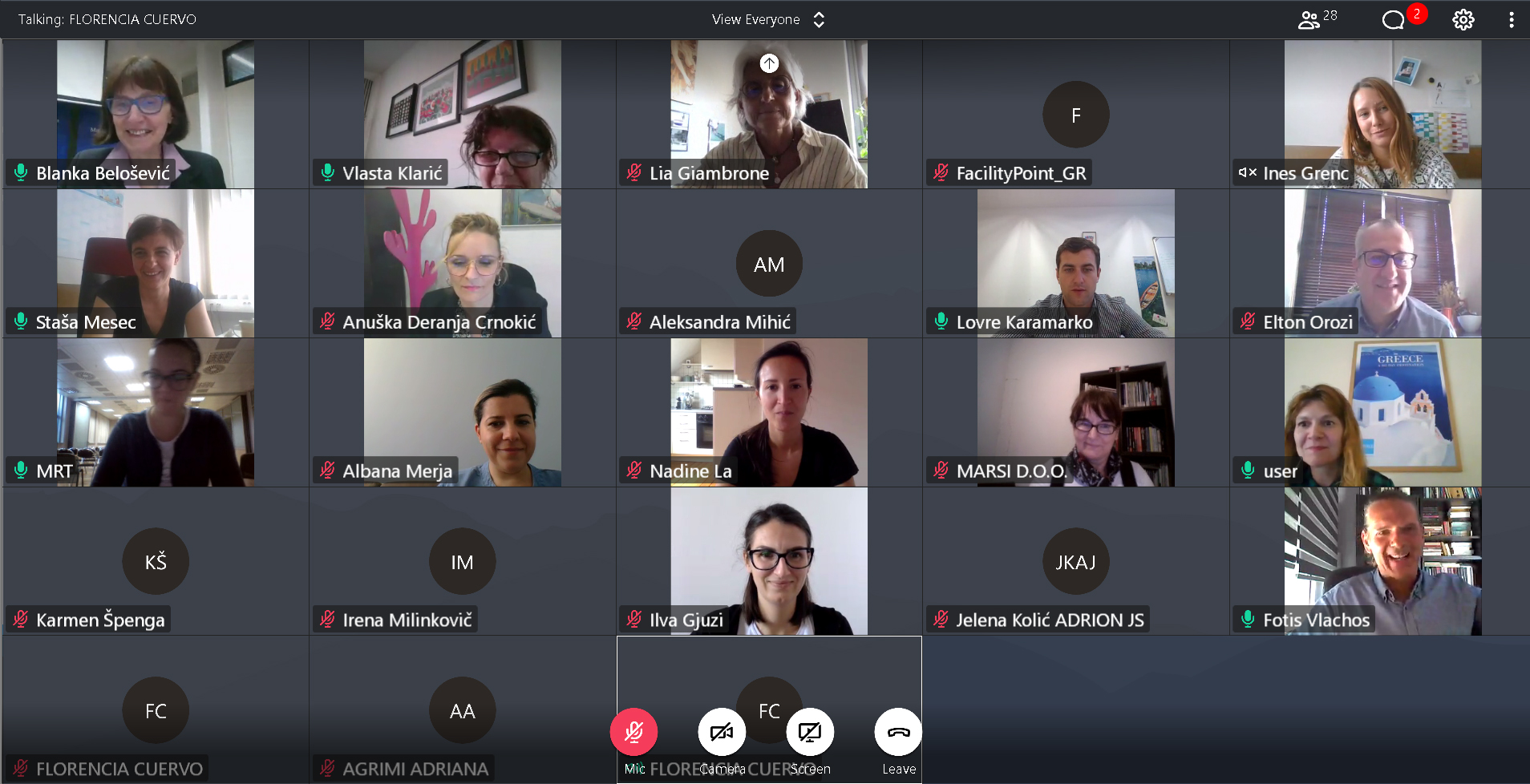
Let us remind:
EUSAIR is one of four adopted and active macro-regional strategies that encourage cooperation in solving common problems and seizing opportunities.
The macro-regional concept arose from the desire for a collective response to the protection of the Baltic Sea environment and for joint action on the challenges and opportunities of the region. In 2009, the EU Strategy for the Baltic Sea Region (EUSBSR) was adopted as the first European macro-regional strategy. Others will soon follow: the EU Strategy for the Danube Region (EUSDR) in 2011, the EU Strategy for the Adriatic-Ionian Region (EUSAIR) in 2014 and the EU Strategy for the Alpine Region (EUSALP) in 2016. Macro-regional strategies are important innovations in territorial cooperation and social cohesion, and their success requires a regional sense of identity, a desire for joint strategic planning and a willingness to pool resources.
EUSAIR covers an area of 9 countries and 70 million people. The strategy is divided into 4 thematic pillars, and each pillar is coordinated by one EU Member State and one non-member country: TSG1 - Blue Growth, coordinators Greece and Montenegro; TSG2 - Connecting the region, coordinators Italy and Serbia; TSG3 - environmental quality, coordinators Slovenia and BiH, and TSG4 - sustainable tourism, coordinators Croatia and Albania.
You might be interested in
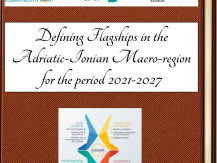
EUSAIR flagships all summed up!
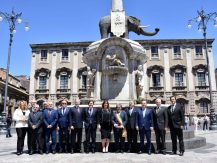
3rd EUSAIR Annual Forum – CATANIA DECLARATION

The Hellenic Republic assumes the Presidency of the EU Strategy for the Adriatic and Ionian Region (EUSAIR) (1 June 2024 – 31 May 2025)
